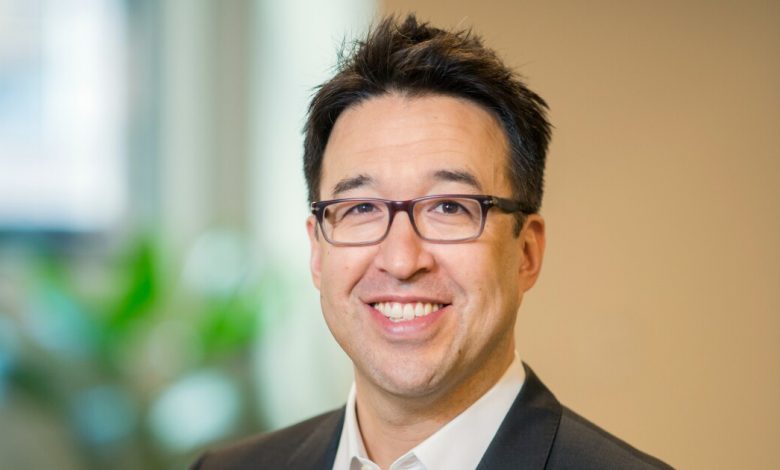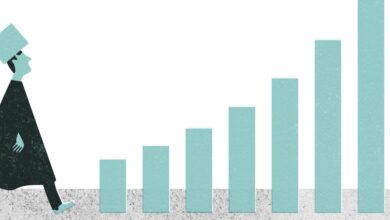Why Does the Education Department Need A Chief Economist?

[ad_1]
Jordan Matsudaira already has a job in the U.S. Department of Education, as a deputy under secretary. Now, he will have a second title, having been named the first-ever chief economist for the department, and given a somewhat expanded scope of responsibility to bring more economic data and analysis to higher-educationpolicy decisions.
We want to put together the evidence that helps the administration design policies that promote student success.
Matsudaira’s experience and academic background appear to fit well with his titles. He has a doctorate in economics and public policy from the University of Michigan at Ann Arbor and has held several faculty positions in those fields. Most recently, he was appointed associate professor of economics and education at Columbia University’s Teachers College. He also worked as chief economist of the White House Council of Economic Advisers during the Obama administration.
The job of chief economist isn’t unusual for other executive agencies, Matsudaira said, and is a role the Education Department could have benefited from in past policy making. It’s not just about having a “chief” economist, he said. The department is assembling a new team to focus on the economic outcomes of current policies and to help design new programs.
Matsudaira talked with The Chronicle about the department’s new approach and what he thinks people both inside and outside the government can learn. The interview has been edited for length and clarity.
The department’s news release noted “staff are already using sophisticated data analyses and experimentation to inform policy and improve operations.” So, what does it mean to add a “chief economist?”
There are definitely a large number of people in the department who are working with data to help inform policy, who are working with data to help understand how these programs are functioning, how they’re helping borrowers. So all of that is ongoing. I think what we’re doing is really adding a lot of capacity in that regard and in particular really bringing in the kind of top-tier social-science researchers and economists to come in and help think about all these issues and really improve upon a good foundation that already exists.
Looking back, are there higher-education policies that would have benefited from more economic analysis during the Obama administration?
We’ve all had experience working on higher-ed policy making where we haven’t had all the facts at our disposal that we really thought would be helpful to design the kind of best policy that we would want to. Some of the issues that we’re working on now are refinements on issues that we’ve worked on in the past. Those are things like the design of an accountability system — the gainful employment rule — where really having all the metrics at our fingertips to help measure program performance and really think about what kinds of programs are serving students well versus not serving students well. And making good use of taxpayer dollars to really promote student success has been a struggle in the past.
Having that kind of talent on board to be able to put together simulation models that help us think about, for example, how borrowers’ earnings outcomes evolve over time, how that differs across race and gender lines, like where people attend school and what kind of programs they’re in, how all of those things intersect with student borrowing levels across different programs. To then think about how successful students are when they go to repay their loans and how, you know, modifying the terms ofincome-driven repaymentplans might help to target benefits to the people we feel really need that help the most.
Everyone who reads this is going to be asking how your new role will affect a possible policy on student-loan cancellation.
I don’t have any new news to break for you on that ground. Where we’re really focused is on helping the administration understand, broadly, the contours of who will benefit from various proposals under consideration.
Is there a broad philosophy or any guiding principles that you’re bringing to this job?
The broad philosophy is that we want to put together the evidence that helps the administration design policies that promote student success in terms of what the big picture goal is, advancing equitable outcomes for students and doing that through federal policy; helping people in the field and institutions use their own data to do the same. And then helping to put together data that helps us understand the determinants of successful outcomes for our borrowers.
[ad_2]
Source link






